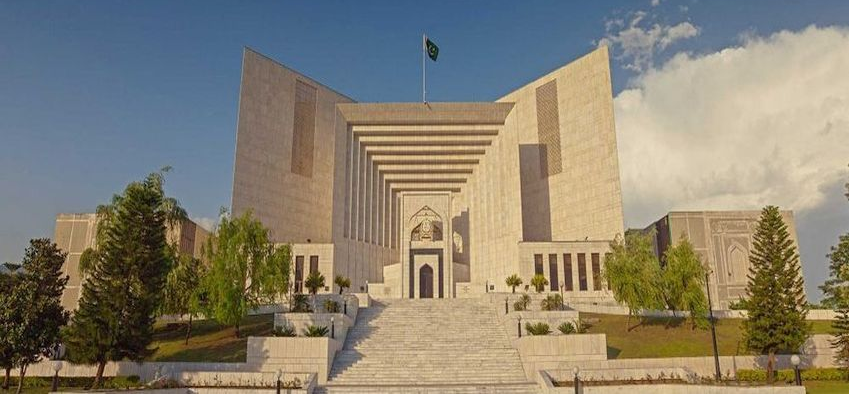The Freedom of Expression must not infringe on the Dignity and Privacy of Individuals, including Judges --- Supreme Court of Pakistan
Islamabad 21-09-2024: In a significant ruling, the Supreme Court of Pakistan accepted unqualified apologies from multiple television channels that were facing contempt charges for broadcasting defamatory and contemptuous material against the judiciary. The judgment, delivered by a bench led by Mr. Chief Justice Qazi Faez Isa, also underscored the need for self-regulation within media organizations to prevent the spread of misinformation and protect the credibility of the press.
The case, [Criminal Original Petition No. 6 of 2024], stemmed from a press conference held by Senator Faisal Vawda at the National Press Club, Islamabad, on 15 May 2024. Several TV channels aired his statements, which contained derogatory remarks about the judiciary, leading the Supreme Court of Pakistan to issue contempt notices. The Court offered the channels an opportunity to explain their actions.
During the hearings, prominent lawyer Mr. Faisal Siddiqui, representing 26 television channels, submitted unqualified apologies on behalf of his clients. The other television channels also tendered apologies, either directly or through their legal representatives. In addition to their apologies, the TV networks pledged to broadcast an educational segment on Islamic principles regarding defamation and scandal-mongering during prime-time television, in compliance with the Court’s directives.
In its judgment, the Court cited several Quranic verses and Hadiths, highlighting the religious prohibition against slander and the moral obligation to avoid spreading falsehoods. The judgment drew on teachings from Surah al-Humazah, Surah al-Qalam, and Surah al-Hujurat, which condemn scandal-mongering and defamation. The Court also referenced the work of Imam Ghazali, emphasizing that both those who speak and those who repeat defamatory statements are culpable.
While acknowledging the right to freedom of speech under Article 19 of the Constitution of Pakistan, the Court stressed that this right is not absolute. Article 14, which ensures the dignity of individuals, was deemed paramount, especially when defamatory statements are made in public forums. The Court underscored that freedom of expression must not infringe on the dignity and privacy of individuals, including judges.
The Court accepted the apologies as a mitigating factor and withdrew the contempt notices issued on 17 May 2024. The channels’ commitment to broadcasting the Court’s messages against defamation during prime-time television was seen as a form of expiation for their contempt. The Court emphasized that sincere repentance and corrective actions can serve as an effective way to remedy contemptuous behavior.
In a broader observation, the Court urged media organizations to develop internal mechanisms for self-regulation. Such systems, the Court noted, would enhance the credibility of media outlets, making them more effective in highlighting societal issues while preventing the spread of misinformation. Mr. Chief Justice Qazi Faez Isa remarked that self-accountability would ensure that the media upholds its role as the fourth pillar of the State, while also maintaining public trust.
The Court reiterated that freedom of speech under Article 19 must be balanced with the protection of human dignity under Article 14.
Multiple Quranic verses and Hadiths were cited, warning against slander and the repetition of falsehoods.
The judgment stressed the importance of accuracy and responsibility in media reporting, especially when it concerns the judiciary.
The Court accepted the unqualified apologies from the TV channels and withdrew the contempt charges, subject to the broadcast of corrective content.
The ruling highlights the judiciary’s expectation of responsible journalism and reinforces the importance of truthfulness and self-regulation in Pakistan’s media landscape.
This news format summarizes the key aspects of the judgment, emphasizing its legal and social implications for media and free speech in Pakistan.
Powered by Froala Editor








